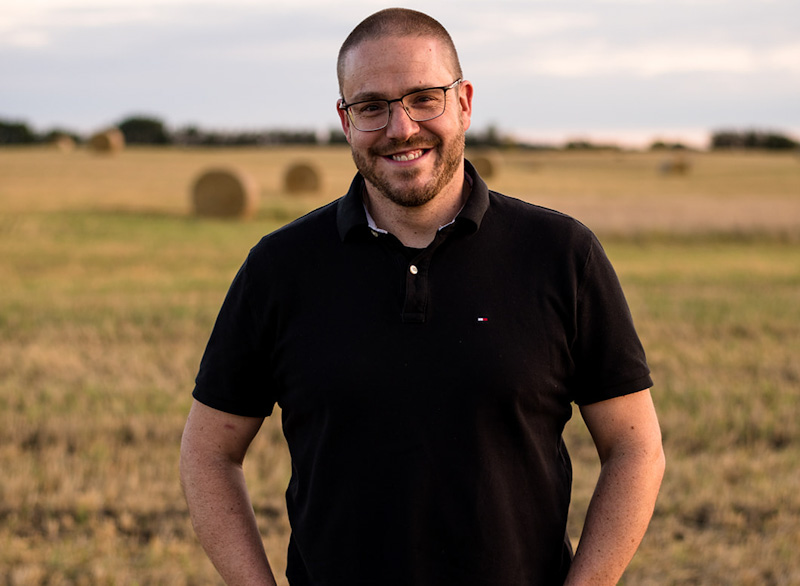“You shall not bear false witness against your neighbour.”
One of the most heartbreaking moments In C.S. Lewis’ classic novel, The Lion, the Witch, and the Wardrobe occurs when Edmund Pevensie lies about what he and his younger sister, Lucy, have experienced in Narnia. It’s a difficult scene that Lewis describes as “one of the nastiest things in this story,” as Edmund “…decided to do the meanest and most spiteful thing he could think of. He decided to let Lucy down.” We go on to see that Edmund’s lie not only hurts Lucy, but also cause him far more trouble than he could have imagined. It is for situations like this that we have a commandment telling us not to do what Edmund did:
“The eighth commandment teaches us not to lie. Lying means consciously and intentionally speaking or acting against the truth. Someone who lies deceives himself and misleads others who have a right to know the full truth of the matter.” -YouCat 452
In this case, the commandment not to lie is also a value that is widely held in our society. Many children’s stories challenge our kids to be honest. Narnia, like Pinocchio and The Boy Who Cried Wolf, presents us a lesson about the consequences of lying. While we know that many people lie to protect their reputations or to get ahead, we still frown at those who deliberately conceal the truth from others.
 But why is telling the truth such a big deal, and why does it deserve a commandment? The answer starts from a proper understanding of just how much God values the truth. Jesus refers to himself as “the way, the truth, and the life” (John 14:6). He says His mission is all about the truth, telling Pontius Pilate that “For this I was born, and of this I have come into the world, to bear witness to the truth” (John 18:37), a responsibility that has been passed on to all of his followers:
But why is telling the truth such a big deal, and why does it deserve a commandment? The answer starts from a proper understanding of just how much God values the truth. Jesus refers to himself as “the way, the truth, and the life” (John 14:6). He says His mission is all about the truth, telling Pontius Pilate that “For this I was born, and of this I have come into the world, to bear witness to the truth” (John 18:37), a responsibility that has been passed on to all of his followers:
“Someone who really follows Jesus brings greater and greater truthfulness into his life. He eliminates all lies, falsehood, pretense, and ambiguity from his accomplishments in life and becomes transparent towards the truth. To believe means to become a witness to the truth.” -YouCat 453
When you examine Jesus’ life, we can see clearly how Jesus witnessed to the truth. While we often think of the comforting things that Jesus said, like “I am the Good Shepherd” (John 10:11) and “Come to me, all you who are weary and burdened, and I will give you rest” (Matthew 11:28), there are also many moments where He challenges His followers to a higher moral standard. This is found all over Matthew chapter 5, like in verse 37, when He teaches that we should “Let your word be ‘Yes, Yes’ or ‘No, No’; anything more than this comes from the evil one.” All that He taught – the words that comfort us and those that challenge us – are confirmed by what Jesus did, in His integrity, in His care for others, and in His willingness to suffer when the truth wasn’t popular.
We are called to do the same: to speak and to live our lives according to God’s truth both when it’s comforting and when it’s difficult. We need to become students of the truth, learning who Jesus is and what it is that He taught. Then we need to witness it by our lives and our words to others. I’m not going to lie: this can be hard. But it’s precisely here that we need to remember that the Greek word for witness is martyria. YouCat defines a martyr as “a person who is ready to suffer violence or even to be killed for Christ, who is the truth, or for a conscientious decision made on the basis of faith.” Our task of witnessing to the truth is not likely to require that we die as martyrs, but it will still bear hard consequences that impact our reputations, material possessions, and relationships.
There are moments where all of us have been like Edmund, and we’ve chosen to lie instead of telling the truth. In The Lion, the Witch, and the Wardrobe, Edmund’s lie opens the door for a more serious betrayal that comes later in the story. For us too, our small lies can lead to more serious sins, especially as we find ways to justify ourselves. It is for this reason that we need to put in the work to discover the truth, to love the truth, and to live the truth in our day-to-day lives.
-Mike Landry is Catholic Youth Camps director for the Archdiocese of Edmonton. He is also chaplain for Evergreen Catholic Schools, serving 10 schools west of Edmonton. Mike and his wife Jennifer live in Stony Plain with their five children.

